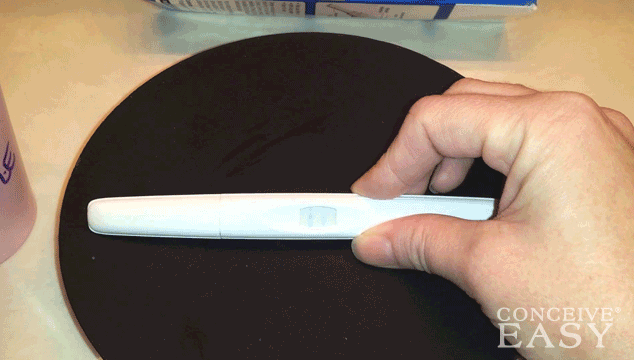![]() The information provided by our expert should not constitute a diagnosis of your condition. Always consult a medical practitioner or healthcare provider for a formal diagnosis. By making use of this content, you agree that ConceiveEasy and the expert assume no liability.
The information provided by our expert should not constitute a diagnosis of your condition. Always consult a medical practitioner or healthcare provider for a formal diagnosis. By making use of this content, you agree that ConceiveEasy and the expert assume no liability.

Potentially the most important part of getting pregnant, knowing when you ovulate is often times overlooked. Many women do not know how important it is to know your fertile days, and not knowing can actually prevent you from getting pregnant. You see, there is only a short window of time every month in which a woman can get pregnant. This is the time when the egg is released, and once it is released, the egg can only live for up to 24 hours before it begins to deteriorate and die. However, the good news is that sperm can actually live for up to 72 hours inside a woman’s body, so it’s possible to have sex right before ovulation and then have the sperm “ready and waiting” when the egg is released. Claim Your 20 Free Pregnancy Tests – Click Here

The difficult part of this whole process often knows when ovulation occurs. If a woman is having sex randomly and just hoping for the best, chances are a pregnancy isn’t going to occur very easily. Luckily, there is a much easier way for women to try to get pregnant, and that’s by tracking their fertile days. The easiest way to track fertile days is by using an ovulation predictor kit to know when ovulation occurs. These tests are very similar to home pregnancy tests, using a control line and a test line on a woman’s urine to give direct results. A woman usually tests every day, sometimes multiple times per day, around the time that ovulation is expected. Once she gets a result where the test line is the same darkness (or darker) than the control line, that indicates that the LH (hormonal) surge has happened, and ovulation should be occurring within 24 hours. After a positive result is obtained, a woman can plan sex accordingly for the best chance of getting pregnant.

Ovulation predictor kits are readily available, affordable options when it comes to tracking fertility and helping with getting pregnant, but they are not the only options out there. Many women have success tracking their basal body temperature using a special basal body thermometer, watching for a temperature spike that indicates the onset of ovulation. Still other women learn how to feel their own cervix to look for signs of ovulation, and many women pay attention to their cervical mucus to see when they will ovulate. There are so many different ways to track ovulation out there, there is definitely an option for everyone.










Comments